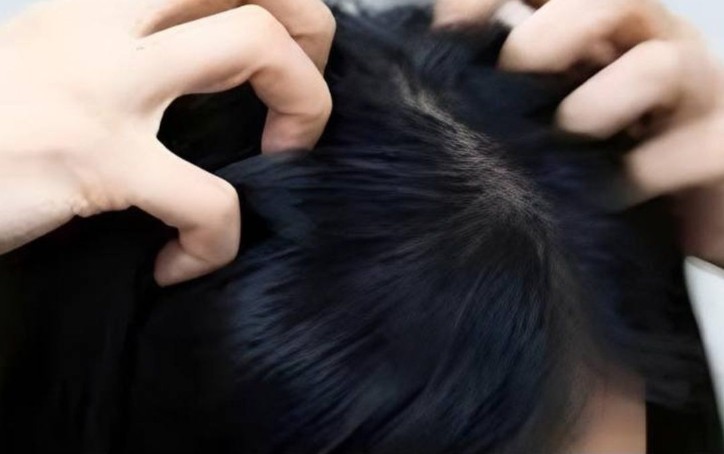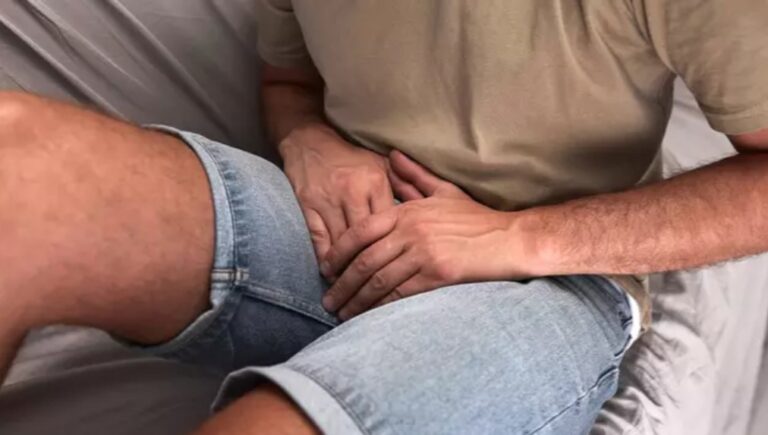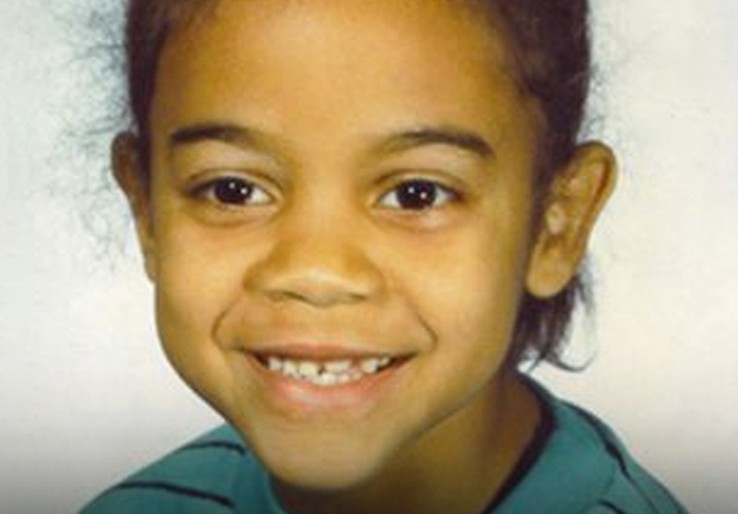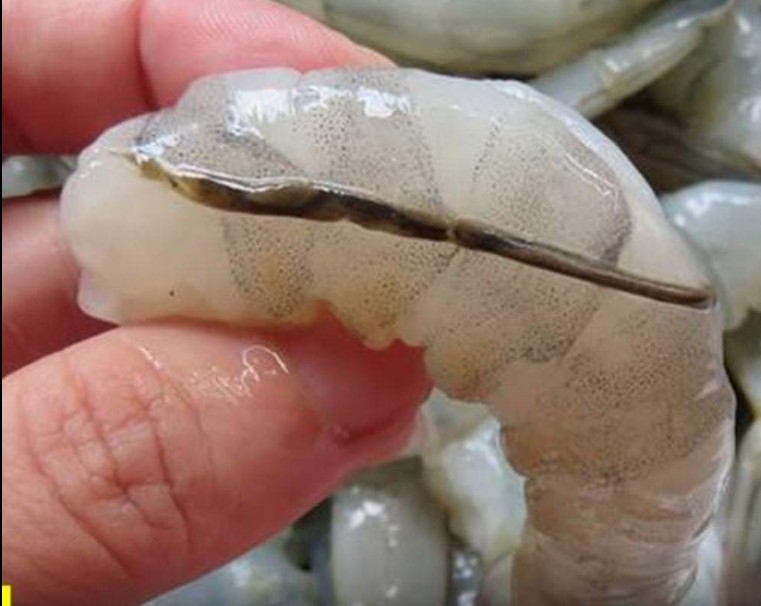That persistent itch? It might begin as a subtle tingle but can soon become a day-long distraction. If you’re frequently scratching your scalp, you’re not alone. While some causes are harmless, others may signal underlying issues.
Below, we’ll explore the most common (and some overlooked) causes of scalp itch—and what you can do about them. Whether it’s dry flakes or inflammation, finding the cause is key to relief.
1. Dandruff & Seborrheic Dermatitis
Dandruff—those white flakes—is often caused by an oil imbalance or reaction to hair products. A yeast-like fungus called Malassezia can also play a role. If flakes become greasy and red, it might be seborrheic dermatitis, a more intense form that affects not just the scalp.
What helps:
– Shampoos with zinc pyrithione, ketoconazole, or salicylic acid
– Avoid fragranced products
– See a dermatologist if it persists
2. Psoriasis
This autoimmune condition causes thick, scaly patches that itch, sting, or bleed. It’s chronic and often triggered by stress or illness.
Manage it with:
– Medicated shampoos or corticosteroids
– UV therapy or oral meds for severe cases
– Avoiding skin injuries and managing stress
3. Pityriasis Rosea
Usually seen on the body but can affect the scalp. It starts with a single dry patch, followed by smaller ones, and clears on its own.
Relief tips:
– Moisturize with fragrance-free lotions
– Avoid hot showers and sulfates
– Use mild topical steroids if needed
4. Fungal Infections
Tinea capitis (ringworm) is a contagious scalp infection causing hair loss, redness, and itching—especially in kids.
Treatment:
– Oral antifungals (topicals alone won’t work)
– Medicated shampoos
– Complete the treatment fully
5. Allergic Reactions
New shampoos, dyes, or salon treatments can trigger allergies—often from ingredients like PPD in hair dye.
Prevent it:
– Patch test before using new products
– Choose hypoallergenic formulas
– See a doctor if blistering occurs
6. Sunburn
Scalp sunburn, especially on part lines or thinning hair, causes dryness and itchiness.
Protection:
– Wear hats outdoors
– Use scalp-specific sunscreens
– Apply aloe vera for relief
7. Stress and Anxiety
Mental health can impact your skin. Anxiety may cause or worsen scalp itching—even without visible irritation.
Try this:
– Practice stress relief (meditation, yoga)
– Use calming hair products
– Seek professional help if needed
8. Head Lice
Still common, especially in kids. Signs include intense itching behind the ears and neck.
To remove:
– OTC lice treatments
– Fine-tooth nit comb
– Wash bedding and hats in hot water
Lifestyle Tips for a Healthier Scalp
Use gentle shampoo: Sulfate-free with soothing ingredients
Don’t overwash: 2–3 times per week is enough for most
Scratch gently: Use fingertips, not nails
Eat well & hydrate: Vitamins A, D, E and omega-3s support skin health
Clean tools regularly: Brushes, pillowcases, hats
When to See a Doctor
– Seek help if you notice:
– Persistent flaking or itch
– Pain, bleeding, or hair loss
– Worsening symptoms
Final Thoughts
An itchy scalp isn’t just annoying—it can hint at deeper problems. By identifying the root cause, you can treat it effectively and enjoy healthier, more comfortable hair days.













+ Немає коментарів
Додайте свій